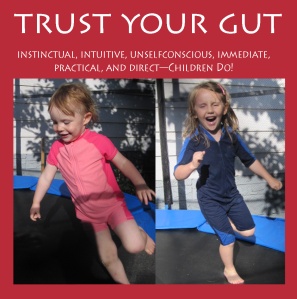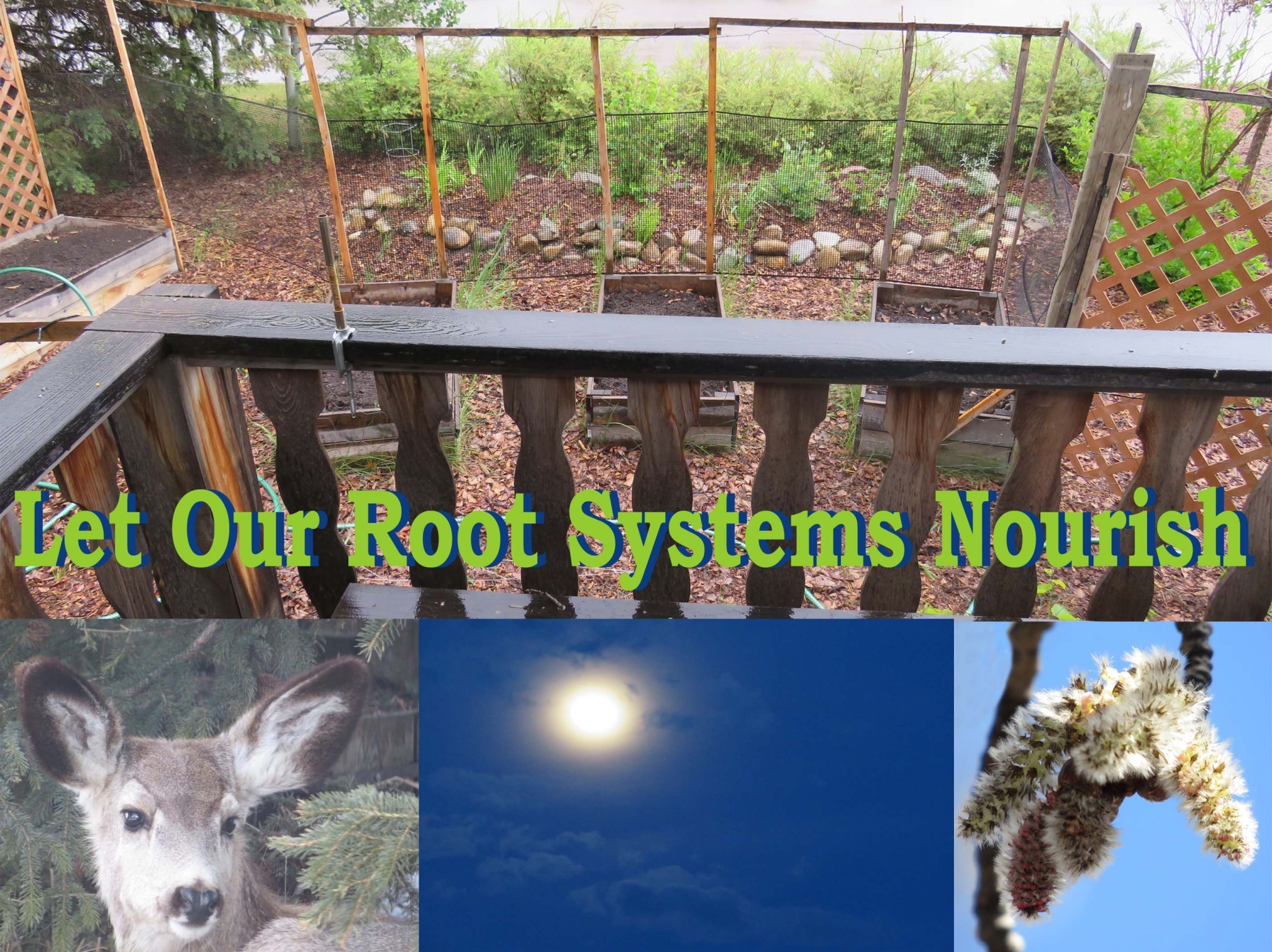
What masks do you wear? There is a lot of talk about masks these days; wearing them to protect ourselves from co-vid 19. Beyond this skin deep protection, I’ve been wondering about masks. The masks I’ve worn in my life to protect myself. Protect myself from what; vulnerability of one sort or another?
As a woman and stage lover, I could talk about the mask of make-up and how that plays out on stage and in life as an example. As a life lover, I could talk about all the ways I slap on a mask to protect myself from emotions, words, actions, or pain that surround me and the world in just about anything I could name like media (social and main), politics, economics, conversation, a witness to incongruences that impact my consciousness moment by moment, and the masks of indifference, denial, aggression, or apathy that I wear and switch-out within a day, a circumstance; each time in the hope of avoiding vulnerability and pain.
So what is this thing named vulnerability that I, like billions attempt to avoid, numb, or deny? Why are we afraid to hurt, to be seen as a human being with all our imperfections? Is it simply a human condition? Is it our spirit trapped in form—a body that seeks something beyond what is; presence, spirituality; a sense of belonging, connection?
I wonder. In my wondering I also reflect. Somehow, like others I complicate through attachment to stuff like drama, acquisition, achievement, comparison, opinion and judgment to name a few generalities.
I see it to a lesser or greater degree playing out in my life which is really only a microcosm of the whole. It is in this recognition that I witness our interconnection. This helps me recognize my own imperfection; identify how I can only change myself, and how I respond, not anyone, or anything else. It falls on my shoulders to change and make different choices; no one else.
For example; the pallet deer fence I built recently. I am not a carpenter so imperfection and intention were its key components as was its practicality. It is repurposing at its best (or worst) depending on which side of the fence you choose (!) It serves its purpose to provide privacy for my neighbour and prevent deer jumping over it to eat all things green. My neighbour sees it as a blot on the landscape, and an eyesore. Other comments include functional art, it works, its funky, what a good use of pallets, I like it…
Perspective is everything. How we alter it is about choices. We can be critical and judgemental and remain within the boundaries of our preconceived notions of how things are, and should remain—or we can adapt and change finding a different perspective. In making an altered choice we also bring in a light of opportunity. In choosing—to walk in another’s shoes for a moment—we can see with different eyes and discard the same old masks.
I’m all for shedding the same old, masks and all. How else can I let in the light? Vulnerability is one path to that light. Masks have temporary protection yet UV light cleanses dis-ease including co-vid 19, so I am willing to let in the light, literally and metaphorically—boldly too—even when I feel vulnerable to another’s opinion and judgement that differs from mine. It is not personal, simply different.
Writing Practice: What masks do you witness in yourself? How are they mirrored in your life, others, the world as a whole? Write about it as often as you choose!








 On the- job-training for a hero….Theoretically I know I am a heroine but today it is a story and I choose the concept alone, rather than a gender specific term. Why? Because I choose it, and on this glad-its-raining-day the earth is being nourished once more—plus—really, the story is not about me.
On the- job-training for a hero….Theoretically I know I am a heroine but today it is a story and I choose the concept alone, rather than a gender specific term. Why? Because I choose it, and on this glad-its-raining-day the earth is being nourished once more—plus—really, the story is not about me.
